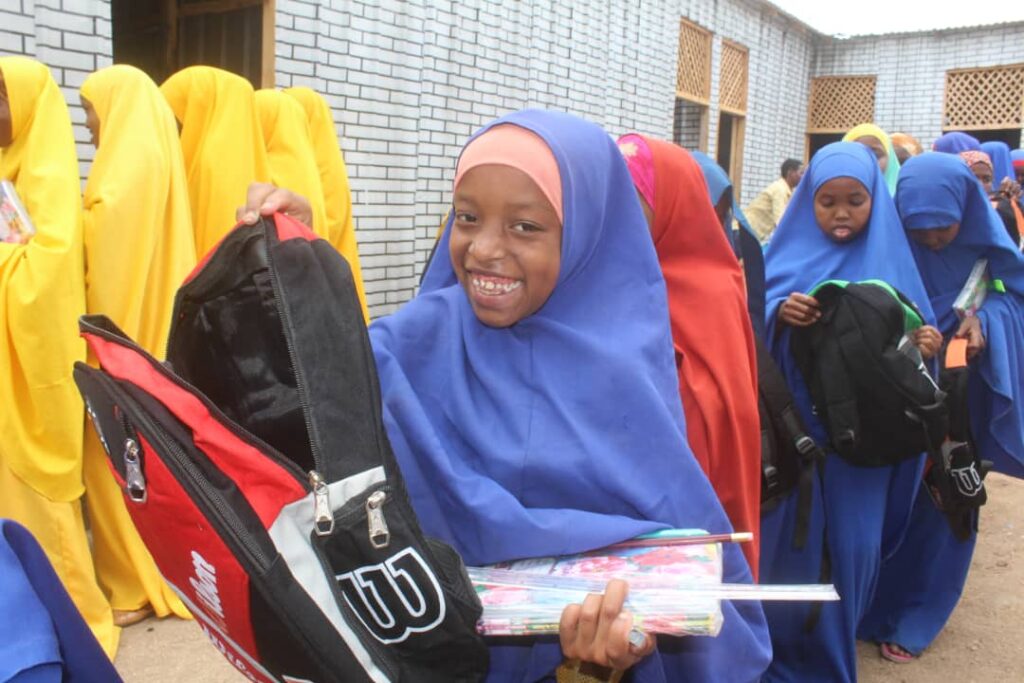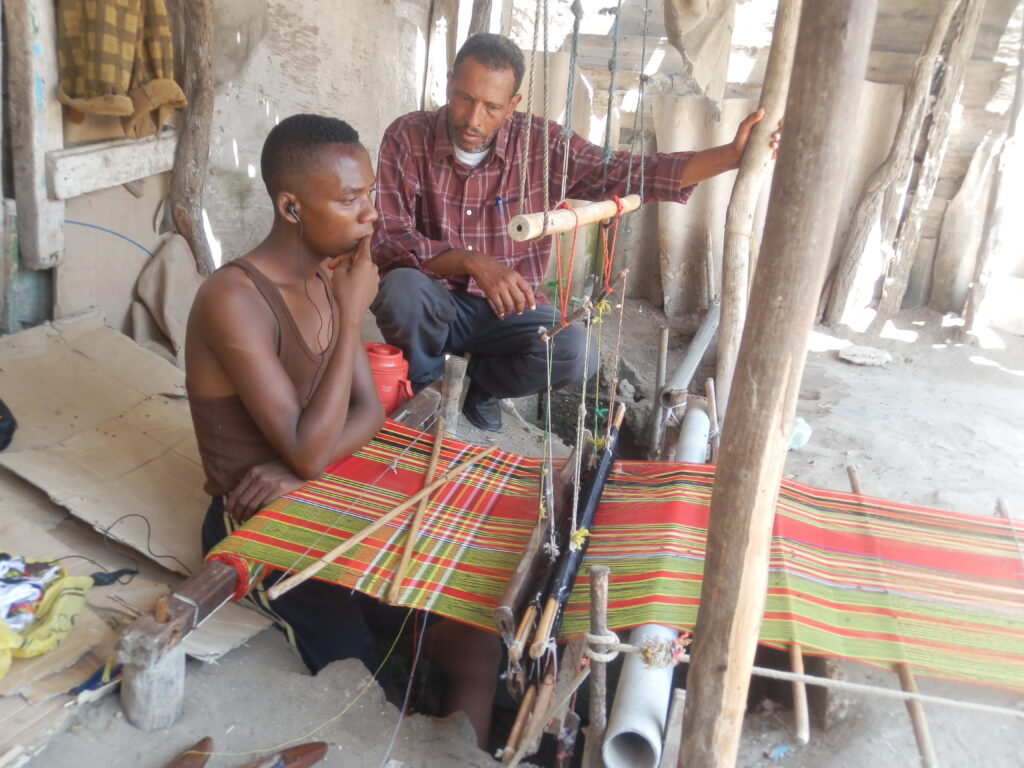Education
Overview
Almost half of the Somali rural farmers cannot read or write, which makes Somalia one of the least literate countries in the world. A literate citizen is essential for social, economic and human capital development. Empowering individuals to improve their reading, writing and basic numeracy enables them to become self-sufficient and productive citizens.
The baseline study indicates that three million Somali children, or about 70% of all school-aged children, are not in school. This has left them disengaged and susceptible to the influence of extremist elements. Over 12,000 new schools are needed across the country to accommodate out-of-school children.

Equal Opportunity
Green Hope’s advocates implementation of policies and legislation that promotes access to education and giving voice to the voiceless.
We work at grassroots to promote Girl child education. Our Education support programme is designed to create equal opportunities for both boys and girls thus creating a Better balance of power between genders.in the future.

Girls and Education
Like any other developing country girls in Somalia do not have an equal opportunity to attend schools. The primary barriers of girl’s education are:Poverty – families do not afford to send children due to lack of finance and other basic resources
Involvement in routine household activities such as fetching water, colleting wood for cooking, house keeping , etc..
Schools are usually located far away from their neighbourhood they have to travel long distance to attend school,
Lack safety at schools and on their way to school, violence in schools are common particularly against girls
Early marriage because of family poverty and gender inequality.

School Materials
Significant number of Children in rural communities remain out of school for their families are poor enough to provide them with educational materials, clothing and other necessities such as Other issues for children to stay out of school are poverty, child labour, gender inequality, child early marriage, disabilities, hunger, refugee crises, etc….
The rural community is too poor and to the level it can cannot afford to send children to school. They cannot buy educational materials and proper clothing to their school children. Green Hope tries to help these young and destitute children by distributing educational materials and clothing collected from its donors and partners.
BACK to SCHOOL Project
Every year in September, the beginning of school year calendar, Green Hope undertakes a campaign called BACK to SCHOOL to provide basic school materials to poor school children. In the years 2019.2020.2021 Green Hope has distributerd educational materials for 150 Boys and girls in Buur-Hakaba district with the objective of mobilizing communities to send their children to school. The materials include: Backpacks, text books, pens, pencils, coloured pencils, erasers, pencils, sharpener, ruler, scissors, etc
Feeding Children
Green Hope together with its partners provides school meals to poor children to encourage families to send their children to school.
Because of poverty rural community cannot afford to feed their children and send them to school. School-age children ended up working in the fields to help the family or employed for others to increase the household as a laborers. Child labor is common in these community.

Vocational Training
Vocational training programs aimed at improving rural productivity, reducing poverty, creating income-earning opportunities, enhancing food security and promoting sustainable rural development and livelihoods
Due to lack of adequate skills and proper formal education the productivity of rural community is very low. Green Hope sponsors vocational training programs focused on skill development of disadvantaged families. Such vocational training combined with micro financing will create alternative income and hence enhance the livelihood of rural farming community.

